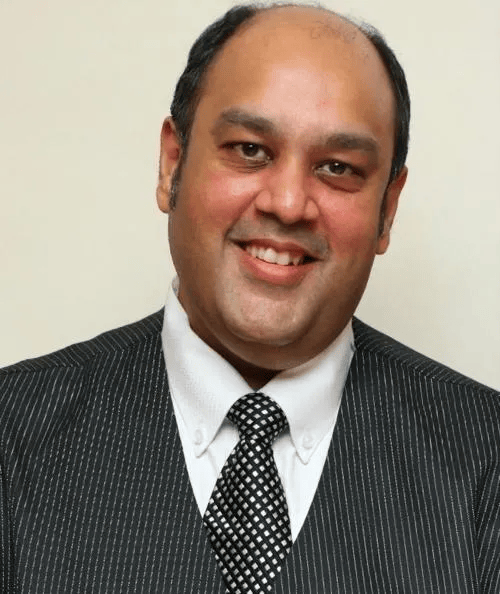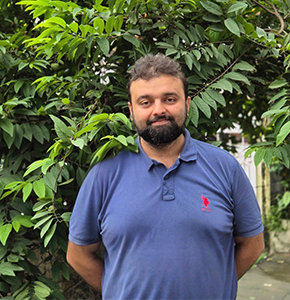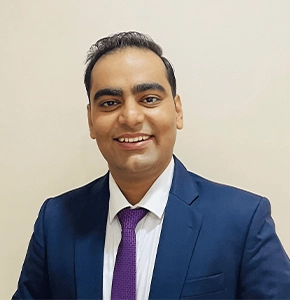Speech Therapy
Children are inherently adept at learning, displaying remarkable skills in vicarious learning. This innate capacity facilitates rapid acquisition of speech and language, enabling effective communication and cognitive development from early stages.
During early development, children typically progress from babbling to using words and forming sentences. However, some may experience speech delays or encounter challenges such as difficulty articulating sounds, stuttering, or struggling to express themselves. These issues can hinder the seamless construction of sentences, highlighting the importance of early intervention and speech therapy to support children in overcoming these obstacles and fostering effective communication skills.

Milestone Delay – Speech
When a child does not develop their language and speech skills to the expected level within the normal age range, it is referred to as speech milestone delay. This delay may show up as issues with articulation, learning new words, or sentence construction. Speech milestone delays may be a sign of underlying problems, and supporting and addressing the child’s communication development requires prompt intervention, frequently with the assistance of a speech therapist.
How does it look like?
- 12 months: Child is not using gestures to communicate, such as pointing or waving
- 18 months:Child prefers gestures to vocalizations, has difficulty mimicking noises
- 2 years: Says only few sounds or words
- 2 years: unable to use oral language to convey information beyond their immediate needs.
- by 2 years: Peculiar voice tone
Articulation Disorder
The physical production of speech sounds is a challenge for people with articulation disorder. This disorder may make it difficult for a person to pronounce some sounds correctly, to substitute one sound for another, to omit sounds, or to distort speech. Speech therapy is frequently used to help people with their articulation, enabling them to communicate more effectively by speaking more clearly and precisely.
How does it look like?
- Addition: When a word or syllable is added that doesn’t belong there.
- Distortion: Altering a sound, which can make “s” sound like “th,” giving the impression of a lisp.
- Omission: Completely omitting a certain sound from their speech.
- Substitution: Constantly replacing one sound with another.
What are the possible interventions for managing speech difficulties or delay?
Speech-language pathology interventions include a variety of individualised strategies. One popular method is speech therapy, which entails articulation, language, and communication skills exercises. To effectively address and manage speech issues, assistive technologies, collaboration with parents and educators, and augmentative and alternative communication methods are essential.
How can a speech therapist help?
A speech therapist uses specific exercises to improve language development in order to address delayed speech milestones. Therapists use techniques to enhance vocabulary, sentence structure, and general communication abilities in order to treat language problems. Therapists employ specific techniques to encourage confident, fluent speech patterns and lessen disfluencies in patients who stutter or stammer. Their specialized interventions are designed to target particular issues and help people with a range of speech difficulties communicate effectively and confidently.















